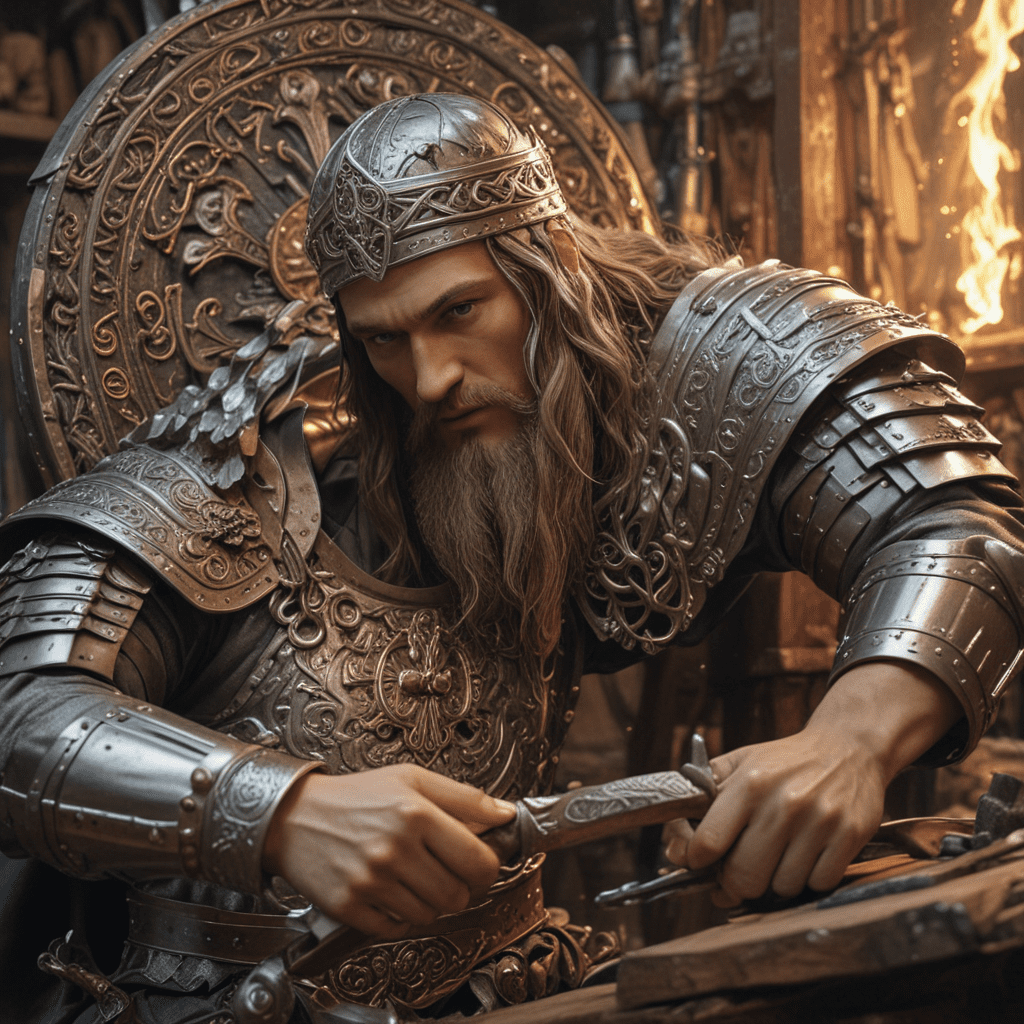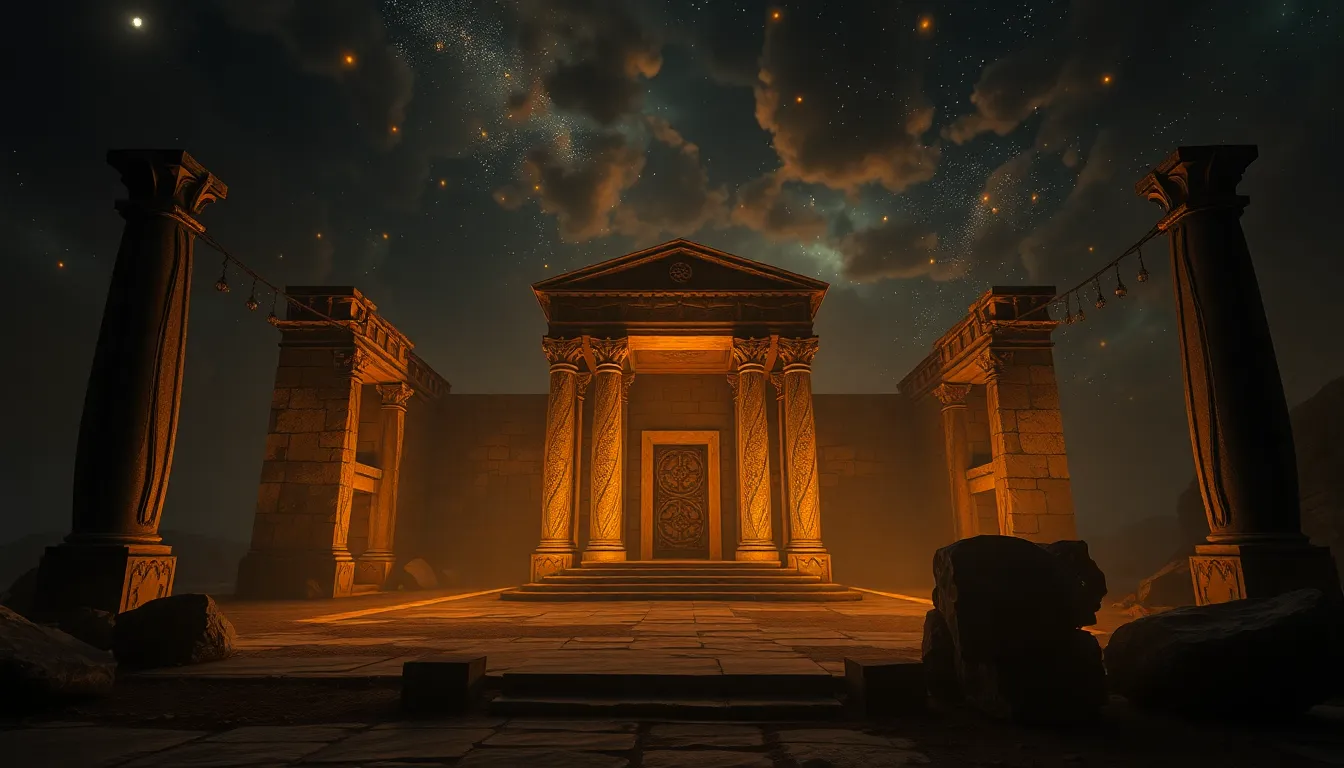The Cycle of Existence in Thai Mythology
Thai mythology is deeply intertwined with the concept of reincarnation, a belief that the soul continues to exist after death and is reborn into a new life. This cycle of life, death, and rebirth, known as samsara, is a central theme in Thai culture, heavily influenced by Buddhism. The belief in reincarnation influences many aspects of Thai life, from daily rituals to moral values. Thai people understand that their actions in this life have consequences that will shape their future lives, both in this world and in the next.
The Role of Karma and Rebirth
In Thai mythology, karma plays a vital role in determining the course of reincarnation. Karma refers to the law of cause and effect, where every action, both good and bad, has consequences. Good deeds, such as acts of kindness and generosity, create positive karma, leading to a more fortunate rebirth. Conversely, negative actions, such as lying, stealing, or harming others, generate negative karma, resulting in a less favorable rebirth.
The concept of karma emphasizes personal responsibility for one's actions. It encourages ethical behavior and emphasizes the importance of striving for a better life, not only for oneself but for the benefit of all beings. The belief in karma serves as a powerful motivator for moral conduct and promotes a strong sense of interconnectedness between all living things.
The Three Realms: Heaven, Earth, and Hell
Thai mythology envisions a cosmos with three realms: Heaven, Earth, and Hell. Heaven is a realm of bliss and happiness, inhabited by deities, angels, and virtuous souls who have accumulated substantial positive karma. Earth is the realm of human existence, where individuals experience both joy and suffering, a place of learning and developing their karma. Hell is a realm of torment and suffering, reserved for those who have committed grave sins and amassed negative karma.
These realms are not static destinations but rather stages in the cycle of reincarnation. An individual's actions in one life determine their rebirth in the next. If someone lives a virtuous life, they may be reborn into a higher realm, experiencing greater happiness and opportunities for spiritual growth. However, those who engage in harmful activities may be reborn into a lower realm, facing challenges and suffering as a consequence of their actions.
The Deities of Life and Death
Thai mythology features a pantheon of deities who oversee various aspects of life and death. Yama, the Lord of Death, is a prominent figure who judges souls after death. Yama is often depicted as a stern but just judge, weighing the good and bad deeds of the deceased to determine their future rebirth.
Other deities associated with death include the Mae Nak (the ghost of a woman who died in childbirth, believed to haunt the area where she died), the Krasuea (a kind of spirit that feeds on blood), and the Phra Yai (the giant statue of Buddha in Ayutthaya, believed to be a guardian spirit). Each of these deities plays a role in Thai beliefs about the afterlife and the cycle of reincarnation.
The Journey of the Soul After Death
According to Thai mythology, a deceased person's soul undergoes a journey to the afterlife, guided by the Than (a spirit guide). The soul must navigate various obstacles and challenges before reaching Yama's judgment. During this journey, the soul's actions in their previous life are reviewed, and its karma is assessed.
Based on the judgment, the soul is directed to a particular realm for its next rebirth. If the soul has accumulated positive karma, it may be reborn in a higher realm, experiencing blessings and happiness. Conversely, if the soul has accumulated negative karma, it may be reborn in a lower realm, facing hardships and suffering. This journey is a crucial part of the cycle of reincarnation and underscores the importance of living a virtuous and ethical life.
The Importance of Merit and Good Deeds
In Thai mythology, the accumulation of merit is crucial for a favorable rebirth. Merit, known as bun in Thai, is earned through good deeds and acts of kindness. These actions create positive karma, which in turn leads to a more fortunate rebirth. Actions that accumulate merit include:
- Giving to the poor and needy: This act of generosity demonstrates compassion and helps alleviate suffering. It is believed to create positive karma and lead to a happier rebirth.
- Supporting temples and monks: Donations to temples and monasteries are seen as a way to support the propagation of Buddhism and contribute to the well-being of the community.
- Performing good deeds: Acts of kindness, such as helping others in need, offering food to the hungry, or simply being polite and respectful, all contribute to accumulating merit.
- Observing Buddhist precepts: Following the Five Precepts (avoiding killing, stealing, lying, sexual misconduct, and intoxication) is considered a fundamental way to live ethically and accumulate merit.
- Praying and meditating: Engaging in spiritual practices like chanting, meditating, and reciting scriptures is believed to purify the mind and generate positive karma.
By engaging in these activities, individuals can accumulate merit, create positive karma, and improve their chances of a favorable rebirth in the next life.
The Significance of Rituals and Offerings
Thai rituals and offerings are deeply intertwined with the belief in reincarnation and the importance of accumulating merit. These practices are believed to appease the spirits, gain their favor, and create positive karma, leading to a more favorable rebirth.
- Making merit at temples: Visiting temples, offering food to monks, and participating in religious ceremonies are common ways to accumulate merit.
- Lightening incense and candles: These offerings are believed to symbolize the light of wisdom and illuminate the path to enlightenment.
- Offerings of food and flowers: These offerings represent the bounty of nature and are believed to please the spirits and deities.
- Ceremonies for the deceased: Thai funerals are elaborate events designed to honor the deceased and ensure a smooth transition to the afterlife. Offerings are made to the spirit of the deceased to guide them on their journey to the next realm.
- House blessings: House blessings are conducted to purify the home, ward off evil spirits, and promote good fortune for the family residing within.
These rituals and offerings are an integral part of Thai culture, reflecting the deep belief in the power of positive karma and the importance of living a virtuous life.
The Influence of Buddhism on Thai Mythology
Buddhism, a major religion in Thailand, has profoundly influenced Thai mythology and the belief in reincarnation. The concept of samsara is central to Buddhist teachings, and the cycle of life, death, and rebirth is a fundamental aspect of Thai cultural beliefs.
- Karma and Rebirth: Buddhist teachings emphasize the law of karma, where every action has consequences, both in this life and in the next. This concept is central to Thai mythology and influences how people view life, death, and their actions.
- The Four Noble Truths: Buddhism's Four Noble Truths, which describe the nature of suffering, the cause of suffering, the cessation of suffering, and the path to the cessation of suffering, are deeply ingrained in Thai beliefs about the cycle of reincarnation.
- The Eightfold Path: The Eightfold Path, a roadmap to enlightenment, is a practical guide for ethical living, fostering compassion, mindfulness, and wisdom. It serves as a framework for understanding the cycle of reincarnation and pursuing a virtuous life.
- Nirvana: Buddhism's concept of Nirvana, a state of ultimate liberation from the cycle of suffering and rebirth, is a powerful motivator for Thai people to strive for ethical living, accumulate merit, and achieve spiritual enlightenment.
Thai mythology has absorbed and integrated Buddhist teachings, shaping its understanding of the cycle of reincarnation, the importance of karma, and the pursuit of spiritual liberation.
The Concept of “Samsara” in Thai Belief
The concept of samsara (the cycle of life, death, and rebirth) is a central element of Thai mythology. It provides a framework for understanding the interconnectedness of all living beings, the importance of moral conduct, and the pursuit of spiritual liberation.
- A Continuous Cycle: Samsara is viewed as a continuous cycle of birth, death, and rebirth. Each individual's actions in this life determine their karma, which in turn shapes their rebirth in the next life.
- The Quest for Liberation: Thai people believe that the cycle of samsara can be broken through spiritual enlightenment, known as Nirvana. This state of liberation is attained by following the teachings of Buddhism, accumulating positive karma, and cultivating ethical living.
- The Impact of Actions: Samsara emphasizes the impact of actions. Every choice, every action, has consequences that ripple through the cycle of rebirth. This understanding encourages ethical behavior and reinforces the importance of striving for a better life for oneself and for all beings.
The belief in samsara provides a sense of purpose and meaning in Thai life, encouraging individuals to live thoughtfully and cultivate positive karma to achieve a better rebirth in the next life.
Modern Interpretations of the Cycle of Life, Death, and Rebirth
While the concept of reincarnation remains deeply rooted in Thai culture, modern interpretations have emerged, reflecting the evolving nature of beliefs and societal changes.
- A Belief in Endless Cycles: Some individuals still maintain the traditional view of samsara as an endless cycle of birth, death, and rebirth. They view the cycle as a path to spiritual evolution and strive to accumulate merit for a better rebirth.
- A Focus on Personal Growth: Others see samsara as a journey of personal growth and learning. They view each life as an opportunity to learn from experiences, develop wisdom, and cultivate compassion.
- The Role of Free Will: Modern interpretations often emphasize the role of free will. While karma and past actions have an influence, individuals are not solely determined by their previous lives. They have the power to shape their future through their choices and actions.
- A Broader Perspective: Some individuals embrace a broader perspective on reincarnation, seeing it as a spiritual process beyond the confines of traditional beliefs. They view rebirth as a continuous journey of transformation and evolution, encompassing various realms and dimensions.
Modern interpretations demonstrate the adaptability and evolving nature of beliefs. While the fundamental principles of reincarnation remain, their application and understanding are continually evolving to reflect contemporary perspectives and values.
FAQ
What is the role of karma in Thai mythology?
Karma is a central concept in Thai mythology, representing the law of cause and effect. Every action, good or bad, has consequences that shape an individual's future lives.
What are the three realms in Thai mythology?
The three realms are Heaven, Earth, and Hell. Heaven is a realm of bliss, Earth is the realm of human existence, and Hell is a realm of torment. Each realm represents a stage in the cycle of reincarnation, determined by an individual's actions in previous lives.
What is the importance of merit in Thai mythology?
Merit, or bun, is accumulated through good deeds and acts of kindness. It creates positive karma and leads to a more favorable rebirth. Accumulating merit is a cornerstone of ethical living and achieving a better life.
What is the significance of rituals and offerings in Thai mythology?
Rituals and offerings are believed to appease spirits, gain their favor, and create positive karma. These practices are an integral part of Thai culture and reflect the deep belief in the power of positive actions and the importance of honoring the spiritual realm.
How has Buddhism influenced Thai mythology?
Buddhism has profoundly influenced Thai mythology, shaping its understanding of reincarnation, karma, and the pursuit of spiritual liberation. Buddhist teachings provide a framework for understanding the cycle of life, death, and rebirth, encouraging ethical living and the pursuit of enlightenment.



